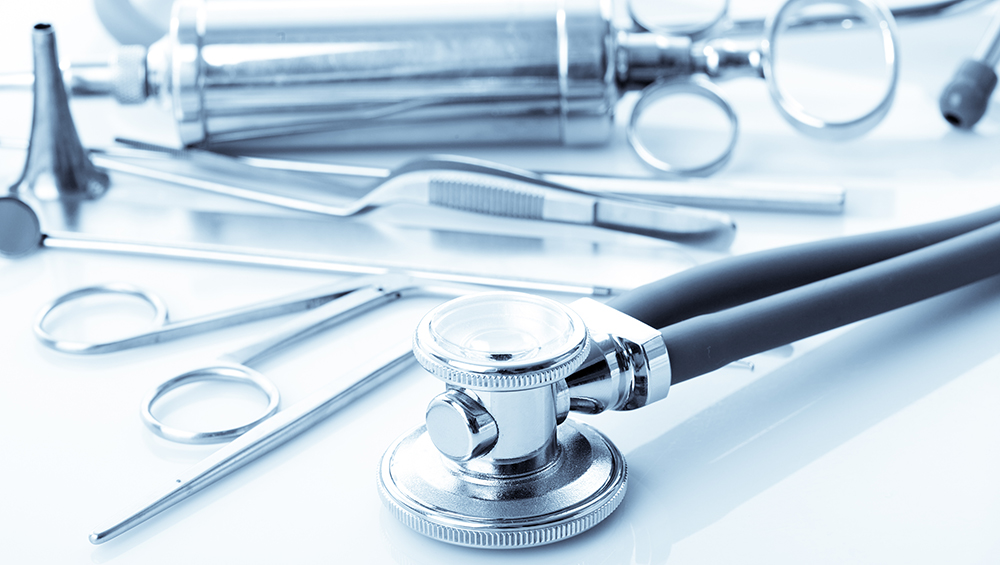The National Center for Expertise of Medicines and Medical Devices (NDDA), a department of the Committee for Medical and Pharmaceutical Control of the Ministry of Health of the Republic of Kazakhstan, a country’s regulating authority in the sphere of medical devices, has published the Order of the Minister of Health of the Republic of Kazakhstan dated December 15, 2020, which introduces new classification rules for medical devices.

The provisions of the Order are based on the general principles set forth by the Code on Public Health and Healthcare System and prescribe the classification criteria to be applied when determining the particular class under the risk-based classification a medical device should be assigned to. The new rules also repeal the previous version dated November 24, 2009, as well as any further amendments thereto. The new classification rules would take effect in 10 calendar days from the date of the first publication.

General Provisions
The new classification rules for medical devices adopted in Kazakhstan describe in detail the approach to be applied for the classification of medical devices in accordance with the potential risks associated with their use for the intended purpose. These rules should be applied for any and all medical devices manufactured or imported in the Republic of Kazakhstan.
The new classification rules provide the definitions of the most important terms used in the context of the risk-based classification of medical devices including, inter alia, the following ones:
- Active diagnostic medical devices – active medical devices, intended for the provision of the information for the purpose of diagnosing, monitoring of treatment or changes to the physiological conditions, illness, or congenital defects;
- Active therapeutic medical devices – active medical devices intended for protection, alteration, replacement, or restoration of biological functions or structures, associated with the treatment or wound care;
- Active medical devices – medical devices used separately or in connection with other medical devices, which require the use of energy other than that produced by the human or gravity. It is important to mention that independent software (software as a medical device) should be classified as an active medical device;
- Potential application risk – a combination of the probability of causing harm when using medical devices in accordance with the intended purpose indicated by the manufacturer, and also the severity of such harm;
- Safety of a medical device – the absence of the unacceptable risk when using a medical device, associated with causing harm to the life or health of a human, as well as the environment;
- The intended purpose of a medical device – a documented resolution of a medical device manufacturer regarding the intended use of a medical device, based on its features, reflected in its technical characteristics, instructions for use, or user guide.
Besides the aforementioned terms, the new rules also provide the definitions of such terms as “medical devices for temporary use,” “medical devices for long-term use,” “surgical invasive medical devices,” and “in vitro diagnostic medical devices.”
Kazakhstan`s Medical Device Classification Rules in Detail
In accordance with the updated classification rules, all medical devices are divided into 4 classes depending on the potential application risk (1, 2a, 2b, and 3 respectively). Each medical device could be assigned only to one class.
The additional criteria to be considered when determining the appropriate classification of a medical device include:
- The duration of use,
- Whether the medical device in question is an invasive one or not,
- Presence of contact with the human body or any connections with it,
- The way the medical device should be invaded in the human body,
- The use of the medical device for the vitally important organs and systems,
- The use of sources of energy.
The initial classification of a medical device should be performed by the applicant (an entity applying for the marketing authorization – the medical device manufacturer, or its authorized representative) in accordance with the present classification rules.
The document also describes the rules to be applied for the classification of non-invasive, invasive, or active medical devices. The new classification rules also contain the provisions to be applied in the case of medical devices containing medicinal substances, as well as the products deriving from human blood, providing that such components supplement the impact on a human body caused by the medical device itself. Medical devices intended to be used for decontamination purposes with regard to invasive medical devices or contact lenses are class 2b medical devices. Other medical devices intended for disinfection or sterilization of medical devices are class 2a medical devices. Imaging medical devices intended to be used with X-Ray, ultrasound and other diagnostic equipment should be assigned to class 2a. In case if the medical device in question is intended to be used in combination with another medical device, the present rules should be applied for each medical device separately.
In the case of software that constitutes a separate product and is used with a medical device, the applicable class should be the same as for the medical device.
It is also important to mention that in case if several rules could be applied for a medical device, the rule prescribing the highest class should be applied.

Classification Rules for IVDs
The scope of the updated classification rules also covers in vitro diagnostic (IVD) medical devices depending on the intended purpose and risks associated with the incorrect or inaccurate use results. In particular, the blues provide an exhaustive list of criteria to be applied when determining the proper classification of IVDs. For instance, according to the classification rules, self-testing medical devices should be assigned to class 2b. However, in case if the result of the analysis is preliminary, does not have critical medical status, or requires further confirmation by the virtue of laboratory tests, such IVDs are class 2a medical devices. In-vitro diagnostic medical devices without measuring functions are class 1 medical devices.
Medical Device Classification Methods
Kazakhstan’s updated classification rules also contain the description of methods to be used for determining the class of medical devices (for general and in vitro diagnostic medical devices separately) depending on the potential application risk. These rules are based on the Yes/No approach and should be used by the interested party for the classification of medical devices before applying for marketing approval. The flow should be the following: a person conducting classification should read the statement regarding the medical device subject to review and answer “Yes” or “No”. Depending on the answer provided, the document would provide either the indication of the applicable class or the reference to another rule to be applied to make the classification more precise. Examples of the statements:
- Is the medical device in question an invasive one?
- Should the medical device be used together with active medical devices assigned to class 2a or a higher class?
- Does the medical device contact the damaged skin?
- Is the invasive medical device a surgical one?
- Is a surgical invasive medical device a multiple-use surgical instrument?
Summarizing the information provided here above, the amended classification rules adopted in Kazakhstan prescribe the approach to be used when determining the class of a medical device under the risk-based classification depending on its intended purpose. The document also provides specific rules to be applied in case of software intended to be used with medical devices or medical devices contacting nano-materials.
How Can RegDesk Help?
RegDesk is a next-generation web-based software for medical device and IVD companies. Our cutting-edge platform uses machine learning to provide regulatory intelligence, application preparation, submission, and approvals management globally. Our clients also have access to our network of over 4000 compliance experts worldwide to obtain verification on critical questions. Applications that normally take 6 months to prepare can now be prepared within 6 days using RegDesk Dash(TM). Global expansion has never been this simple.
Sources:

